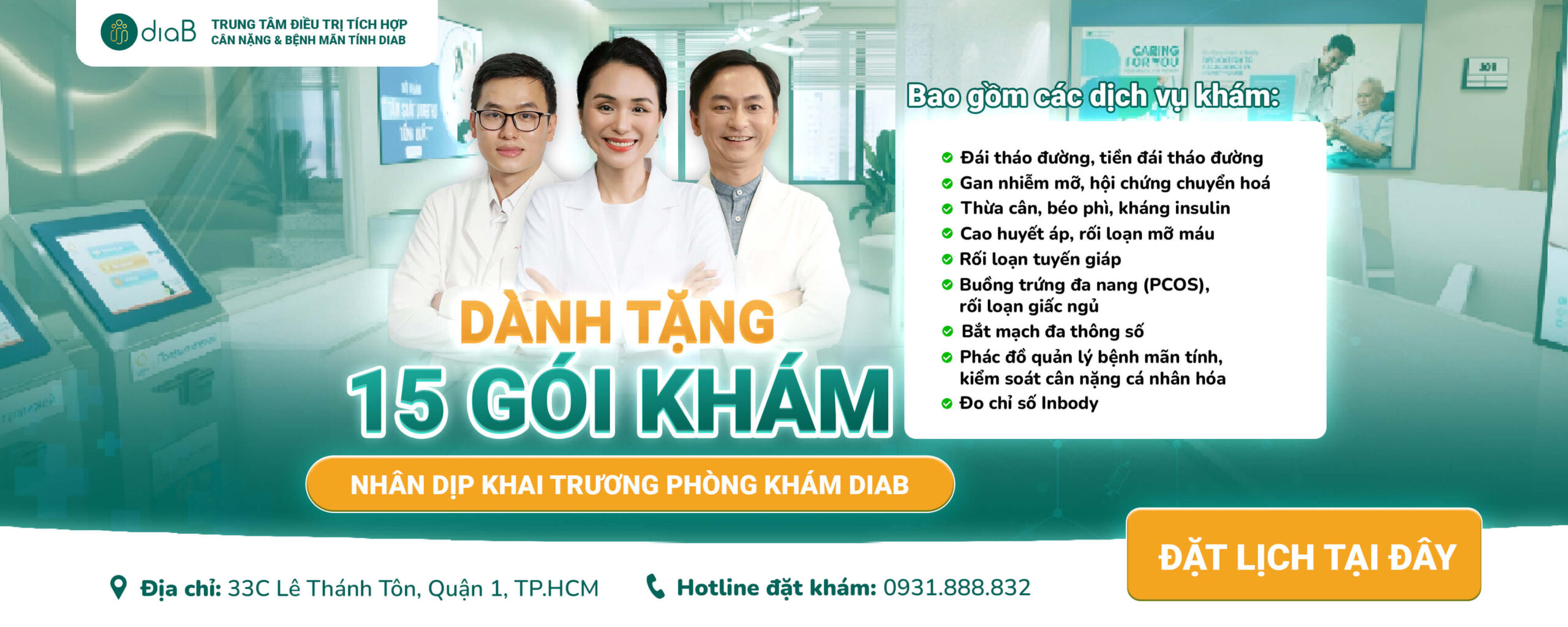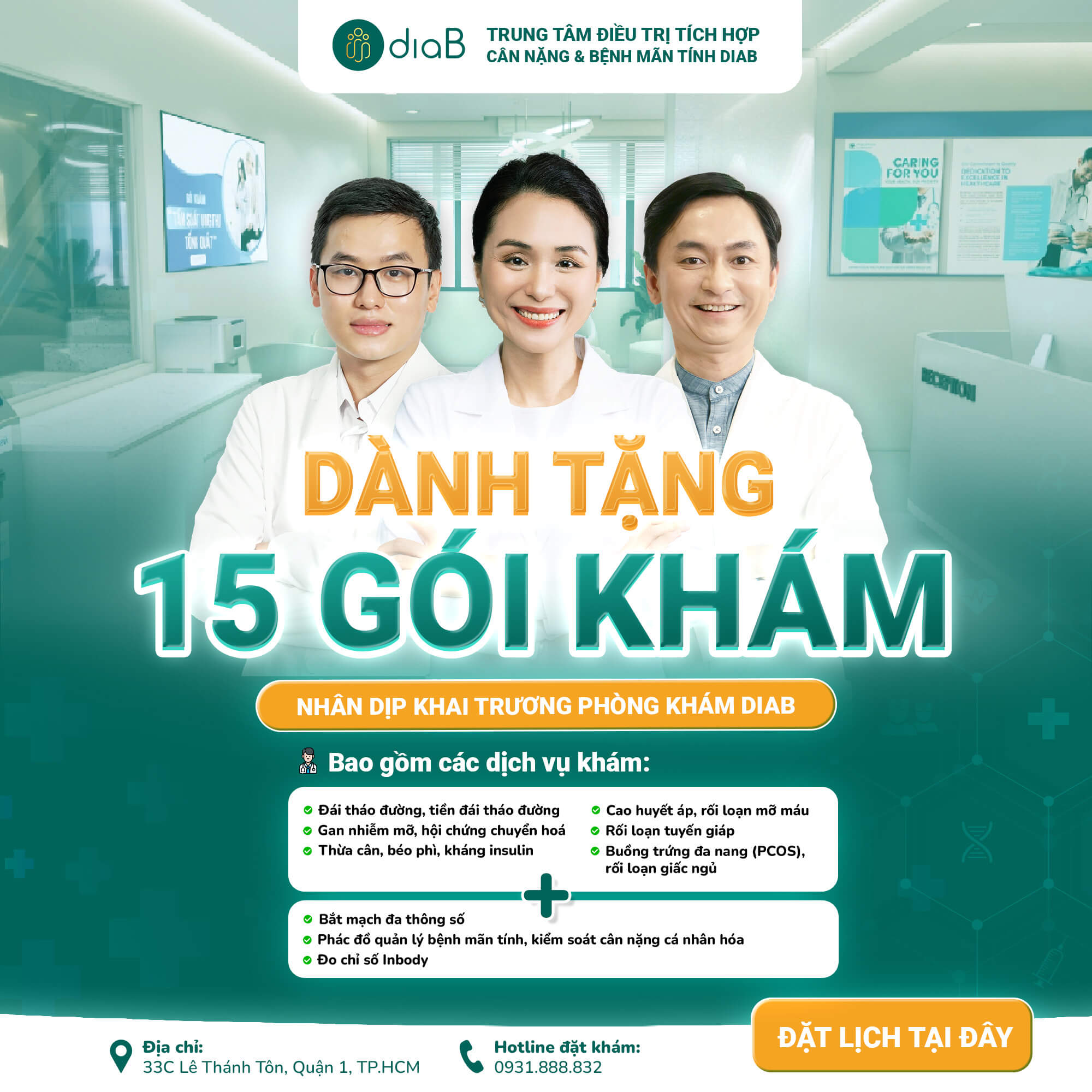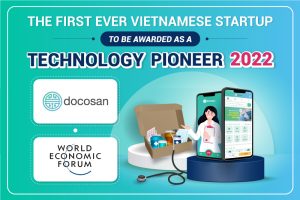Tóm tắt nội dung
Introduction
The Eye Specialist Clinic is a go-to clinic that was established in 2016 in the Phu Nhuan district of Ho Chi Minh City. The clinic has a team of dedicated doctors, with up-to-date equipment and reliable product warranties. The clinic conducts various eye examinations and treatments such as conjunctivitis, astigmatism and pterygium, and surgeries for LASIK and cataract removals.
The clinic is led by Dr. Le Hong Ha, who has over 15 years of experience in treating, operating and teaching ophthalmology. Dr. Hong Ha is one of Docosan’s top telemedicine doctors who has effectively utilized online consultations to treat many patients amidst the COVID-19 pandemic. He makes use of both online and offline channels to bring the best value to his patients, and is eager to continue his journey on Docosan with us.
The importance of telemedicine in Vietnam
Dr. Hong Ha’s clinic functioned fully offline initially, but the 4th wave of the pandemic and lockdowns in Ho Chi Minh City encouraged him to move online with tele-consultations. Currently, even as the pandemic stabilizes, Dr. Hong Ha utilizes a combined approach of both online and offline methods to efficiently treat his patients.
According to Dr. Hong Ha, doctors are trained to observe patients’ problems even without face-to-face contact and can diagnose the disease accurately through the patient’s medical history about 80% of the time. He strongly supports Docosan’s telemedicine launch, saying that it is highly “convenient for patients to communicate directly with doctors from long distances, removing their travel burdens and meeting their needs without wasting time waiting in line as usual.”
Dr. Hong Ha believes that telemedicine is a needed component of healthcare, especially for patients in the far regions. In the COVID-19 era, patients are wary of traveling to hospitals as the viral load is significantly higher in hospital grounds. Telemedicine hence makes it easier for doctors to connect and arrange consultations with patients, where prescriptions can be given without the patients being physically present in clinics and hospitals.
Usage of telemedicine as an ophthalmologist
With his abundant experience, Dr. Hong Ha can easily identify symptoms and can understand what patients are experiencing. Through online consultations, he first determines if the patient’s condition is simple or severe. For example, issues like conjunctivitis, or computer vision syndrome among IT or office workers are simpler areas of concern, where immediate prescription of medication will suffice. For more severe issues that cannot be monitored through telemedicine sessions alone, the patients will then be required to come down to the clinic.
From June to September, Dr. Hong Ha received over 230 patients from Docosan, among which more than 100 patients were consulted using telemedicine. Dr. Hong Ha elaborated on the overcrowded hospital conditions during these months, which makes it difficult for these patients to wait for long hours. Many of these patients needed urgent oxygen support, and he was able to connect them to oxygen suppliers and pharmacies with the usage of telemedicine. With Docosan’s software, he also treated patients in many other provinces, which he was previously only able to do using offline means that was more time-consuming.
“We were able to reduce and prevent a lot of deaths.” He comments, noting that if they have been directed to clinics or hospitals, he would not have had the capacity to treat many of them due to resource and manpower constraints.
The future of telemedicine
According to Dr. Hong Ha, most doctors in Vietnam are not tech-savvy. Hence, despite having an interest or desire to incorporate telemedicine into their medical services, doctors cannot get going due to technology constraints or even bad vision.
There are also time concerns during telemedicine consultations, as doctors need to constantly refer to and be aware of patients’ medical history. Many doctors are not avid users of laptops and hence they are slower in the learning process. Hence, there is a need to simplify these convoluted processes for doctors – which is something Dr. Hong Ha believes Docosan has the capability to do so.
Dr. Hong Ha discusses his vision of telemedicine in the future, where doctors may have the ability to diagnose conditions through computer screens with advancements in tech. In his profession, he says processes like retina checks might soon be possible by looking into patients’ eyes through a microscope from the computer screen. Healthcare relies heavily on technology and there are countless health processes that can be integrated with tech in the future, and he is positive that it will be immensely helpful for his specialty.
Conclusion
Dr. Hong Ha concludes by showing his appreciation for Docosan as a company that has a genuine intention to continuously improve Vietnam’s healthcare with telemedicine at its forefront. Docosan works very closely with Dr. Hong Ha, and we are excited to upgrade our services with a precious partner like Dr. Hong Ha at our side to reach more patients across Vietnam and beyond.










